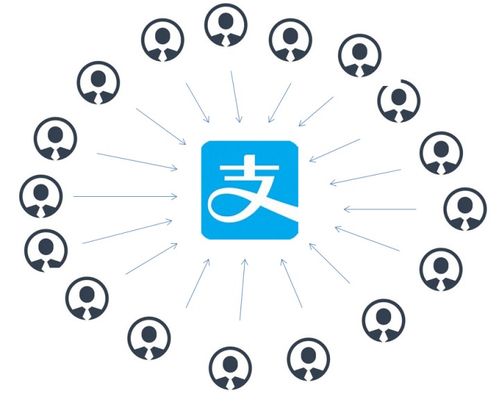```html
Exploring Blockchain: Insights and Reflections
Blockchain technology has emerged as a transformative force across various industries, revolutionizing the way we perceive data management, transparency, and decentralization. Through my personal exploration and experiences with blockchain, I've gained profound insights into its capabilities and potential impact.
At its core, blockchain is a distributed ledger technology that enables secure and immutable recordkeeping through a decentralized network of nodes. Each block contains a timestamped batch of transactions, cryptographically linked to the preceding block, forming a chain. This structure ensures transparency, integrity, and resistance to tampering.
Blockchain's applications extend far beyond cryptocurrencies like Bitcoin. Its decentralized nature makes it suitable for diverse use cases:
- Finance: Blockchain streamlines financial transactions, reduces costs, and enhances security through smart contracts and digital identities.
- Supply Chain Management: By providing endtoend visibility and traceability, blockchain enhances supply chain efficiency, minimizes fraud, and ensures product authenticity.
- Healthcare: Patient records stored on a blockchain can be securely accessed by authorized parties, ensuring data accuracy and privacy while facilitating interoperability.
- Government: Blockchain can revolutionize governance by enabling transparent voting systems, secure identity management, and efficient public service delivery.
- Real Estate: Property transactions can be expedited and made more transparent through blockchainbased land registries and smart contracts.
Despite its immense potential, blockchain technology faces several challenges:
- Scalability: As blockchain networks grow, scalability becomes a concern, with potential bottlenecks in transaction processing speed and network congestion.
- Regulatory Uncertainty: Regulatory frameworks vary widely across jurisdictions, posing challenges for widespread adoption and compliance.
- Interoperability: Ensuring interoperability between different blockchain platforms and legacy systems remains a significant hurdle.
- Security: While blockchain is inherently secure, vulnerabilities in smart contracts and potential centralization of mining power pose security risks.
Despite these challenges, the future of blockchain looks promising. As technology continues to evolve and mature, we can expect:
- Increased Adoption: As awareness grows and scalability issues are addressed, blockchain will see broader adoption across industries.
- Interoperability Solutions: Efforts to enhance interoperability between different blockchain networks will pave the way for seamless data exchange.
- Regulatory Clarity: Regulatory frameworks will evolve to provide clearer guidelines, fostering innovation and investment in blockchain technology.
- Integration with Emerging Technologies: Blockchain will intersect with other emerging technologies like AI, IoT, and edge computing, unlocking new possibilities and use cases.

My journey into blockchain has been both enlightening and inspiring. From its foundational principles to its diverse applications, blockchain represents a paradigm shift in how we conceive data integrity, trust, and decentralization. As we navigate the complexities and embrace the opportunities presented by this transformative technology, the possibilities for innovation and societal impact are boundless.

